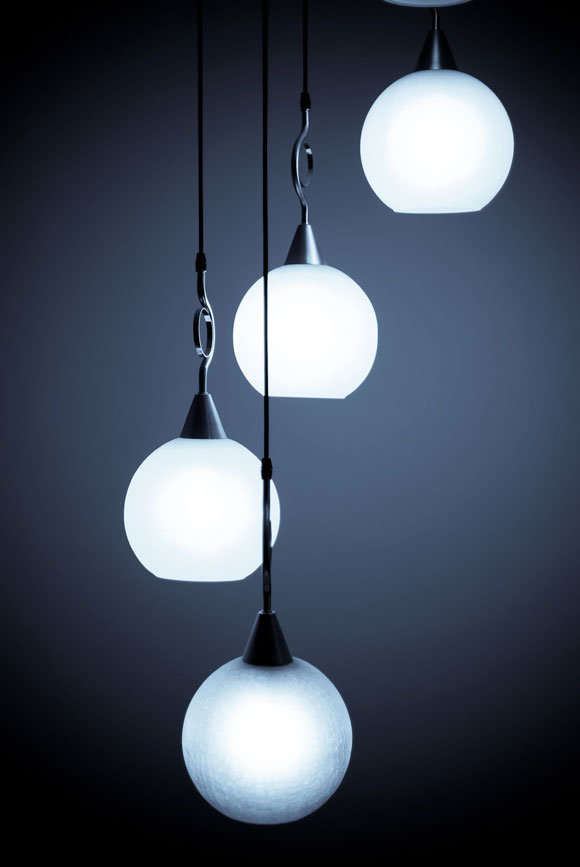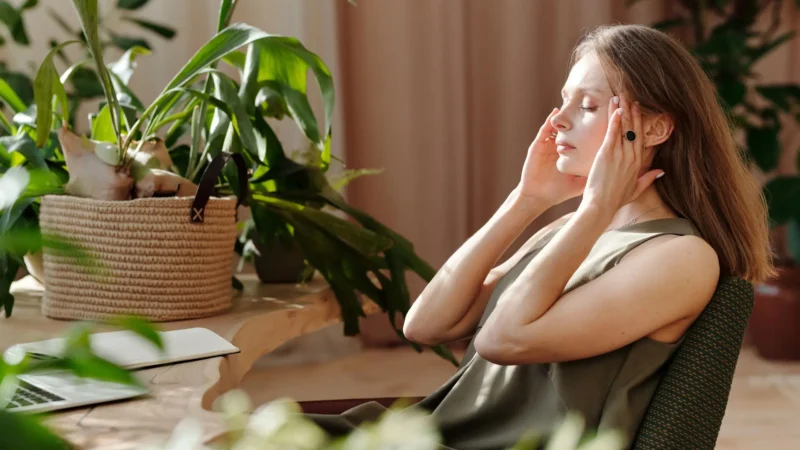BLUE LIGHT

Blue Light
BLUE LIGHTS AND MACULAR DEGENERATION
With the advent and accelerated development of energy efficient light bulbs such as LED bulbs, much has come to light regarding the safety of what is known as blue lights.
Research shows blue light is a contributory factor in eye damage particularly macular degeneration. As opposed to red or near-infrared light – blue light has a damaging affect on the photoreceptor cells in the eyes.
Blue lights may also be a contributory factor in other serious ailments, as it inhibits the secretion of melatonin – the hormone regulating sleep-wake cycles and regenerative sleep.
Macular degeneration is irreversible. It is the degeneration of part of the retina known as the macula. This is considered normal in the aging process for seniors ranging in their 60s to 70s.
When purchasing light bulbs or asking someone to, try find some analog bulbs and not LED bulbs. If you have to get halogen bulbs, choose the low-voltage incandescent halogen lights.
- The best colour bulb to purchase is warm white as opposed to cool white.
- Limit your exposure – particularly at night, to blue lights and light emanating off computer, television and smart phone screens.
- Sleep in a darkened room. Use an eye mask to protect your eyes, and for a more relaxing, deeper sleep.
- Health Practitioners recommend eating foods that support eye health – particularly Omega-3 fats, blueberries, leafy greens and vegetables.
Be more aware of your exposure to blue lights to avoid further or permanent eye damage. Seniors – your eye health is important.








